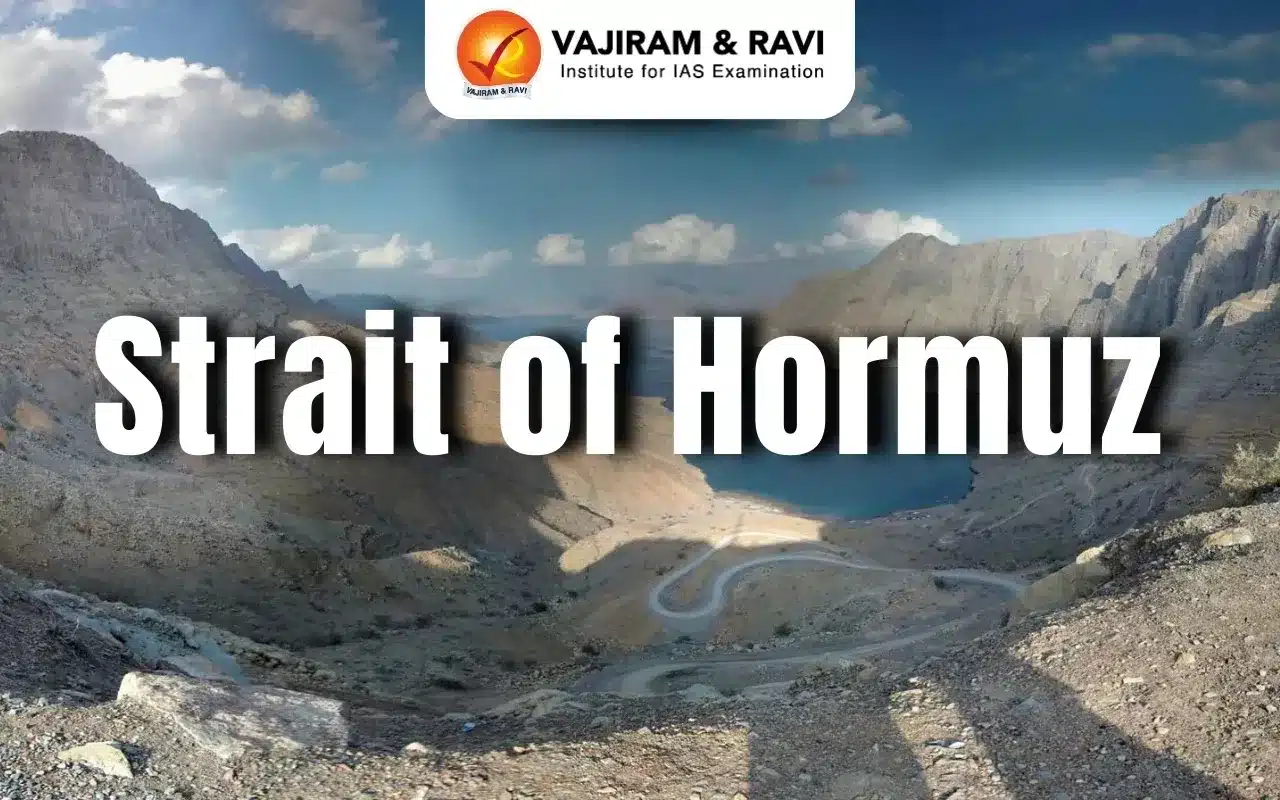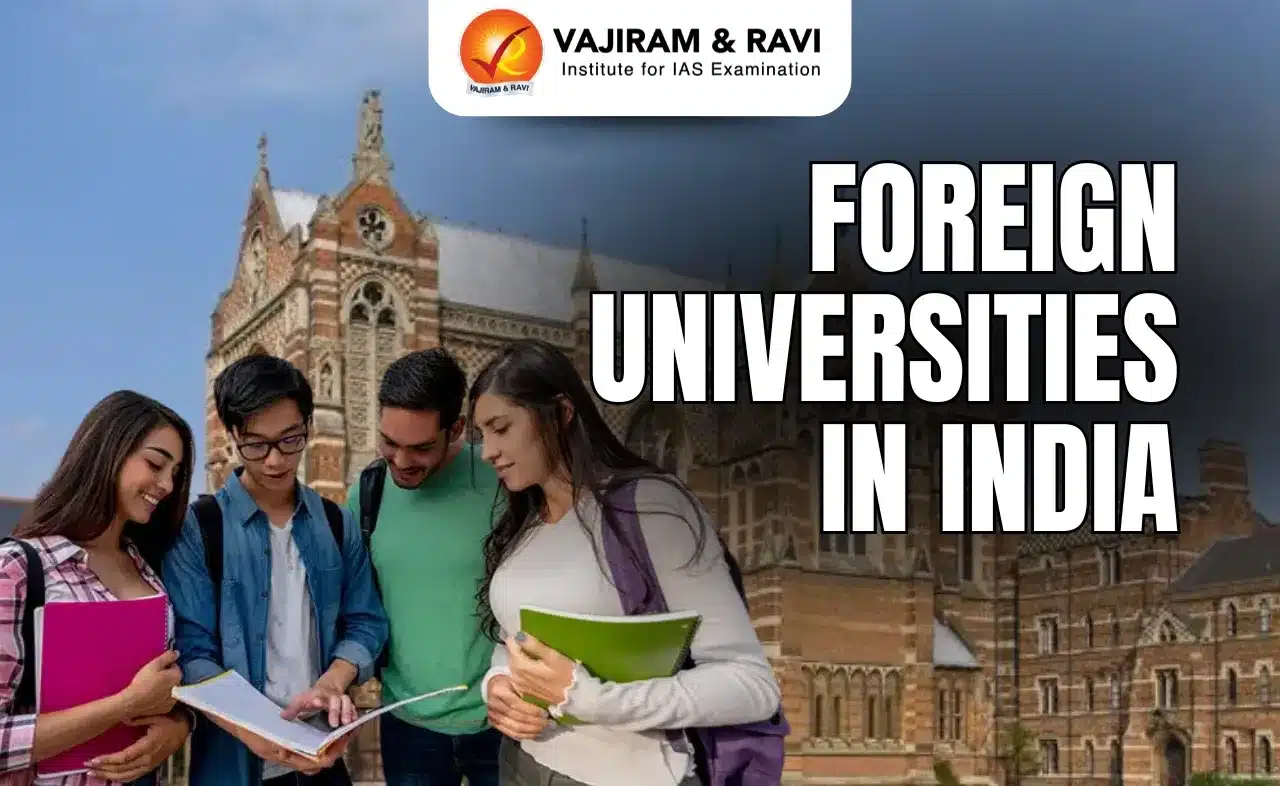Crosspathy in India Latest News
- The Maharashtra Food & Drugs Administration has, in a recent directive, allowed homeopathic practitioners, who have completed a certificate course in modern pharmacology, to prescribe allopathic medications.
Crosspathy in India
- Crosspathy refers to the practice where medical practitioners trained in one system of medicine (e.g., Ayurveda, Homeopathy, or Unani) prescribe medicines or perform treatments from another system (primarily Allopathy, or modern medicine).
- This practice is a significant issue in India’s healthcare sector due to its implications for patient safety, legal frameworks, and medical ethics.
Legal and Regulatory Framework for Crosspathy
- Permissibility:
- Crosspathy is generally deemed illegal unless explicitly authorized by state laws or special government orders.
- Judicial Rulings:
- The Supreme Court of India has ruled that practicing medicine outside one’s expertise without explicit authorization amounts to medical negligence.
- Crosspathy practitioners have faced legal actions under the Indian Medical Council Act and other state-specific medical laws.
Reasons Behind Crosspathy in India
- Doctor Shortages:
- India faces a critical shortage of allopathic doctors, especially in rural areas, with an 80% shortfall of specialists in Community Health Centres (CHCs) as of 2022-23.
- AYUSH (Ayurveda, Yoga, Unani, Siddha, Homeopathy) practitioners are often utilized to fill this gap.
- Policy Gaps:
- Some states have allowed limited crosspathy to address accessibility challenges, such as in Maharashtra and Goa.
- Economic Factors:
- Patients in rural areas often cannot afford specialist doctors or urban healthcare facilities, making AYUSH practitioners a more accessible option.
Challenges & Criticism of Crosspathy
- Patient Safety:
- Crosspathy practitioners may lack comprehensive training in modern medicine, increasing risks of incorrect diagnoses, improper prescriptions, and complications.
- Legal Ambiguity:
- Conflicting laws and court rulings create confusion about what constitutes permissible crosspathy.
- Regulatory oversight is often weak, particularly in rural areas.
- Professional Conflicts:
- The Indian Medical Association (IMA) strongly opposes crosspathy, citing it as a dilution of healthcare standards.
News Summary:
- The Maharashtra Food & Drugs Administration (FDA) has permitted homeopathic practitioners with a certificate in modern pharmacology to prescribe allopathic medicines.
- This move aims to address challenges in healthcare delivery but has invited strong opposition from the Indian Medical Association (IMA) and others.
Background of the Directive:
- In 2014, the Maharashtra government redefined “registered medical practitioner” under the Maharashtra Medical Council Act to include certified homeopathic practitioners.
- A directive in late 2024 clarified that chemists must honour prescriptions by these practitioners, resolving confusion regarding their authority.
Controversies Surrounding Prescriptions:
- IMA’s Opposition:
- The IMA labelled the move as “crosspathy,” stating it undermines patient safety.
- Critics argue that a short pharmacology course cannot substitute for the rigorous MBBS training required for modern medicine.
- Judicial Challenges:
- A 2017 notification permitting homeopaths to practice allopathy was stayed by the Bombay High Court. The new directive contradicts this ruling.
- Past Supreme Court rulings have labelled cross-system practice as medical negligence unless explicitly authorized.
Government’s Rationale:
- The directive aims to address India’s acute shortage of doctors, particularly in rural areas. According to a 2022-23 report, there is an 80% shortfall of specialist doctors in rural health centres.
- With over 13 lakh registered allopathic doctors and 5.65 lakh AYUSH practitioners, the government seeks to utilize alternative practitioners to bridge healthcare gaps.
Implications for the Move:
- For Patients:
- Concerns about the safety and efficacy of treatments prescribed by non-MBBS practitioners.
- Potential risks of medical negligence in rural and underserved areas.
- For the Healthcare System:
- Challenges in regulating prescribing practices, particularly in rural settings.
- Dilution of general practice standards, potentially weakening India’s already strained healthcare infrastructure.
- For Policy and Governance:
- Highlights the urgent need for structural reforms, better rural incentives, and improved working conditions for MBBS graduates.
Conclusion:
- Maharashtra’s directive represents a critical juncture in healthcare policy.
- While the intention to bridge healthcare gaps is commendable, the implementation raises ethical, legal, and practical questions.
- Resolving these challenges requires a balanced approach that prioritizes patient safety, respects medical standards, and addresses workforce shortages sustainably.
Crosspathy in India FAQs
Q1. What qualifications are required for homeopaths to prescribe allopathic medicine in Maharashtra?
Ans. Homeopaths must complete a state-recognized certificate course in modern pharmacology to prescribe allopathic medicines.
Q2. Why has the directive faced criticism?
Ans. Critics argue that the directive undermines patient safety, dilutes medical standards, and contradicts existing judicial rulings on crosspathy.
Q3. What is crosspathy?
Ans. Crosspathy refers to the practice of alternative medicine practitioners prescribing or practicing modern medicine without adequate training.
Q4. How does this impact rural healthcare?
Ans. While the directive aims to address doctor shortages in rural areas, experts warn of potential risks due to inadequate training of practitioners.
Q5. What does the Supreme Court say about crosspathy?
Ans. The Supreme Court has ruled that crosspathy amounts to medical negligence unless explicitly authorized by state governments through special orders.
Source :TH
Last updated on June, 2025
→ UPSC Notification 2025 was released on 22nd January 2025.
→ UPSC Prelims Result 2025 is out now for the CSE held on 25 May 2025.
→ UPSC Prelims Question Paper 2025 and Unofficial Prelims Answer Key 2025 are available now.
→ UPSC Calendar 2026 is released on 15th May, 2025.
→ The UPSC Vacancy 2025 were released 1129, out of which 979 were for UPSC CSE and remaining 150 are for UPSC IFoS.
→ UPSC Mains 2025 will be conducted on 22nd August 2025.
→ UPSC Prelims 2026 will be conducted on 24th May, 2026 & UPSC Mains 2026 will be conducted on 21st August 2026.
→ The UPSC Selection Process is of 3 stages-Prelims, Mains and Interview.
→ UPSC Result 2024 is released with latest UPSC Marksheet 2024. Check Now!
→ UPSC Toppers List 2024 is released now. Shakti Dubey is UPSC AIR 1 2024 Topper.
→ Also check Best IAS Coaching in Delhi
























